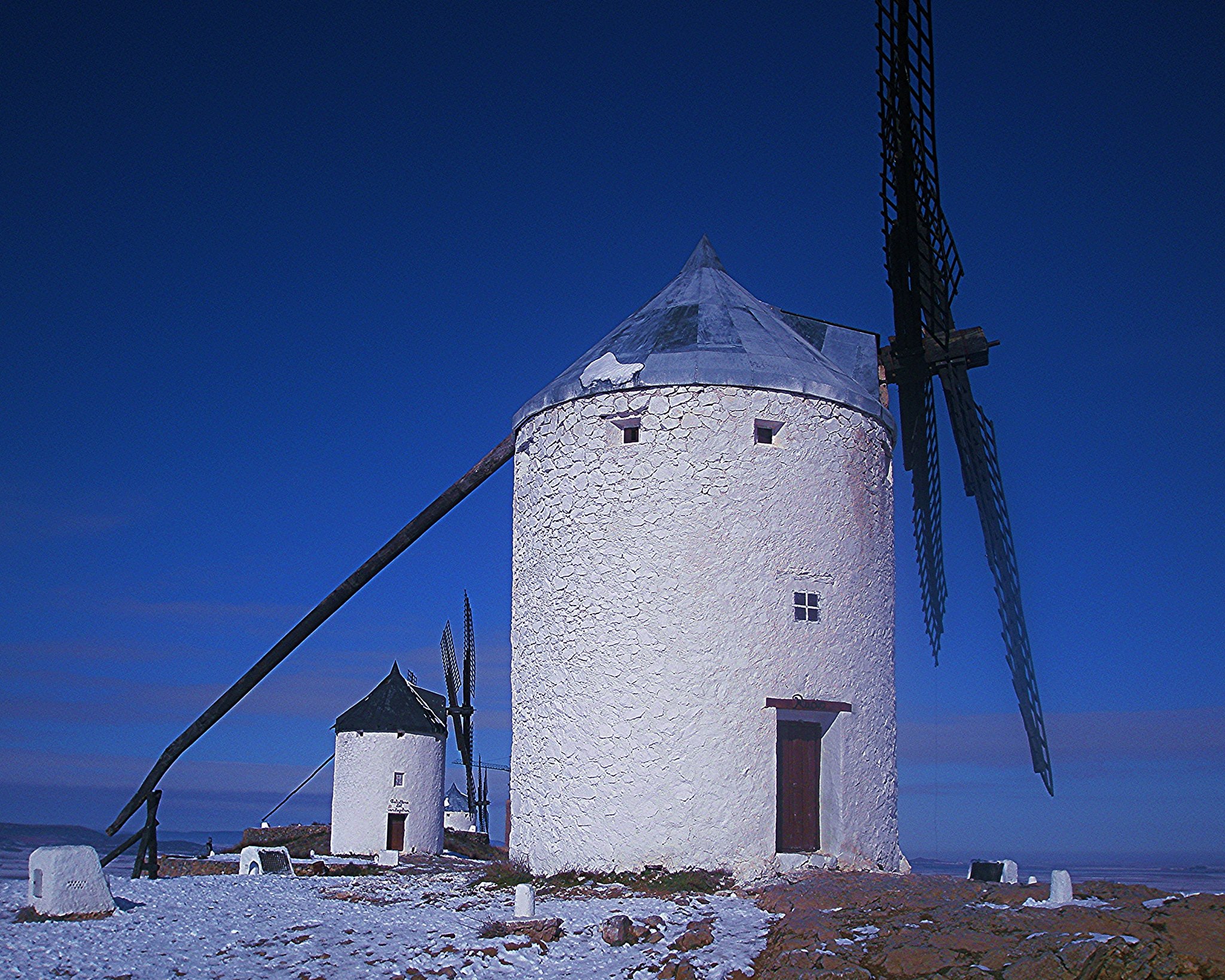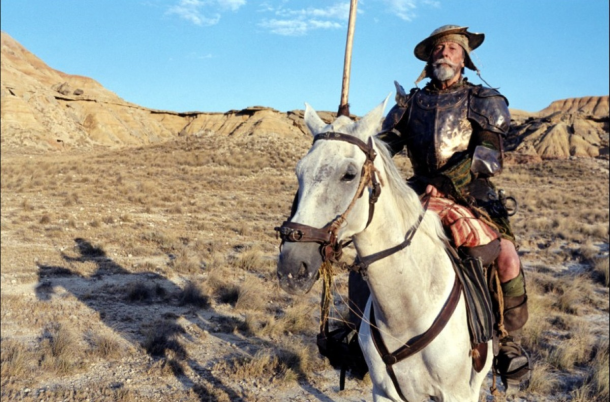Source: Miguel de Cervantes via Facebook.
It can be argued that the Spanish author Miguel de Cervantes still doesn’t receive the recognition that he deserves. Perhaps it is because he lived as long ago as the 16th century, although William Shakespeare still commands global renown after a prolific career in the same era. Perhaps it is because Cervantes’ name doesn’t roll off the tongue like Alexandre Dumas or Mark Twain, but the Spaniard is the founding father of literary fiction. Those seeking to get an insight into Cervantes’ work should visit both his birthplace and the region that inspired his most famous novel, Don Quixote.
Dumas and Twain would certainly have found their career much more problematic if it wasn’t for Cervantes, the author known as the man who invented fiction. Dumas and Twain both directly cite Don Quixote in their own legendary works. Like Shakespeare, Cervantes is also responsible for neologisms that have become some of the most interesting words in the English language. ‘Quixotic’ and ‘lothario’ are both derived from Don Quixote, while Cervantes has unsurprisingly had an even bigger impact on the Spanish language.
While we may not always consciously appreciate Cervantes’ legacy, there are multiple ways in which he has affected both literary and gaming landscapes. The author is widely credited with making the first literary reference to the game of blackjack in his tale Rinconete y Cortadillo, with blackjack since becoming the world’s most popular casino game. Live online casino games from William Hill allow players to participate in authentic blackjack at any time, with the game at its core still the same as what Cervantes described centuries ago.
Despite the success of other novels like Rinconete y Cortadillo, it is Don Quixote that remains not only Cervantes’ seminal work but the most influential novel of all time. What is considered to be the first true work of literary fiction has since been translated at a rate second only to the Bible. The novel follows Don Quixote, a nobleman of La Mancha, as he decides to be a roaming knight who performs chivalric deeds throughout the area – with mixed results.
Those well-acquainted with Don Quixote will therefore find La Mancha an essential destination if in Spain, while those new to Cervantes’ work will find it an informative and exciting experience. Spain’s official tourism portal recommends following in the footsteps of Don Quixote, traversing a route that spans 13 towns during a week.

Source: Foto Espana via Facebook.
In that time, tourists can live a little like the would-be knight. From the windmills that Don Quixote perceived as enemies to the unique dishes of duelos y quebrantos (it involves lamb brains), the route takes tourists through the heart of Spain. Time should also be taken to head to Cervantes’ birthplace Alcala de Henares, taking in sights like the baptismal fountain that christened one of the world’s greatest authors.
Of course, the traditional tourist destinations of the likes of Barcelona and Granada remain full of attractions, but a trip to La Mancha can provide an alternative Spanish experience. Planning such a holiday may even seem a little quixotic, but it is the ideal way to pay homage to the writer who can realistically be considered the forefather of modern literature.



